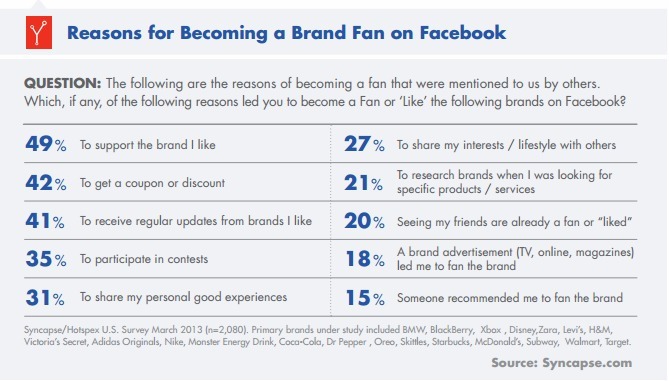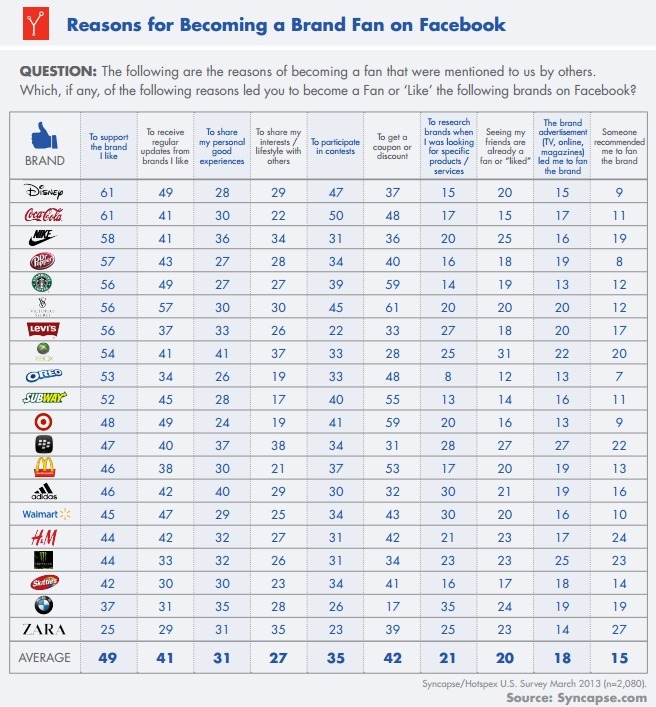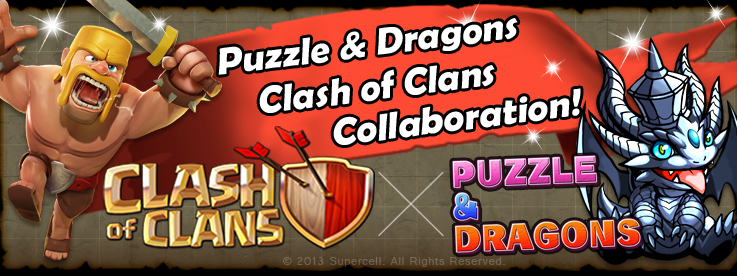Ayzenberg creative lead and filmmaker Mitch Cohen is running a Kickstarter to get his first feature film off the ground. The goal is to raise enough money to produce a proof of concept for ‘Super Zero’, {link no longer active} a purely original take on the well-established zombie apocalypse genre.
Cohen has agreed to document his experience with running the Kickstarter campaign on [a]list daily. In his first entry, he looks at how one big life changing experience – technically, two – steered him towards Kickstarter and the crowd funding route.
My day-to-day work as an advertising creative lead in branded video content deals with following trends and immersing myself in what the cool kids are doing, but I never gave too much thought about Kickstarter. To me, Kickstarter seemed a diversion rather than a means to an end. Over the last two years, my perception of the site has changed dramatically.
I first concepted Super Zero three years ago. I love geek culture, and I wanted to make something fun, novel, and smart that would speak to that community. I thought, “If I dig it, maybe they will too.” Fresh from selling my last short film and getting a pretty great distribution deal, I was eager to jump back into the fray and do it again. The plan was to re-invest the money I earned, raise a little more cash, finish the script, and then shoot the film. It was a logical plan. Until the bigger plan of life superseded it.
 ‘Super Zero’ concept art
‘Super Zero’ concept art
During this period, my wife and I were expecting our first child. Â We discussed all the time and money it would require to bring a baby into the world, and we decided I could confidently move ahead on the film and we’d make it all work. Then the news got bigger… twins.
I abandoned Super Zero (happily) so my wife and I could usher Tess and Miles into the world. The down side for me as a filmmaker was that over these same years, the production connections that I previously had in place dried up dramatically. Plus, since it’s generally frowned upon to put your toddlers to work, my personal film fund began to dwindle.
When it was time to re-launch the project, I was back at square one. I began my search for collaboration and to find funding, and found people kept referring me back to Kickstarter.
I had known about Kickstarter but never dug too deep. I assumed it was the Craig’s List of movie sites, a nonsensical mess of film funding want ads. But as I met people who knew well about the growing crowd funding trend, I heard more and more that my material was ripe for the Kickstarter community.
 Think of Josh as a cross between Leonardo da Vinci and ‘Lardass’ from Stand By Me.
Think of Josh as a cross between Leonardo da Vinci and ‘Lardass’ from Stand By Me.
Super Zero is a high concept film with an original hook in a well-known genre. It speaks to a demographic that is active, responsive, and who love to champion things they connect to. Here’s the pitch: The film follows 19-year-old engineering prodigy Josh Hershberg, an overweight, introverted and terminally ill kid who has given up hope that he matters to the world. As Josh contemplates what future, if any, is worth looking forward to, a zombie apocalypse breaks out and quickly ravages the planet. Josh suffers from a rare form of brain cancer. For some reason, this tricks the zombies into sensing he’s already dead and they simply ignore him. As the world crumbles around him, Josh takes advantage of his condition. He utilizes his engineering expertise to craft bad-ass weapons and obliterate the undead in order to save the rest of humanity.
The deeper I looked into Kickstarter, the more it sounded like the answer to my problems. It was foreign to me and I had no personal experience crowdsourcing, but I was up for the challenge. Super Zero’s thematic is all about believing in yourself, because you never know what is going to happen next. It was time I took my own advice.
I launched my campaign last week and although it’s only been a few days, the process has already been really exciting and utterly daunting. I’m not comfortable asking others for help. I’m trying to get over the idea that I’m a beggar, constantly nagging people to give me money. Kickstarter isn’t that at all. The site’s community is filled with incredible, like-minded individuals who want to support artists they believe in. The backers seem to get as much out of the process as the artists themselves.
So that being said, here I am, putting it out there in front of everyone I know. Will people get behind Super Zero {link no longer active} and help bring my little film to life, or will my film get lost in a very crowded world where countless new projects appear every second
Only time will tell…34 days and 7 hours to be exact. Damn that’s short.
About the Author
Mitch Cohen is creative lead in the original content group at Ayzenberg Group, working on live action videos and digital influencer campaigns. Cohen started in filmmaking as part of Chicago’s independent film scene, working with directors from the legendary Second City comedy troupe. Since moving to LA, he has sold one feature horror script and had two others optioned, and has had his short film “Peter’s Price” sold to renowned distributor Shorts International. That’s when he hasn’t been writing, directing and producing commercials and trailers for games such as Batman: Arkham City, Borderlands, Lollipop Chainsaw, Ghost Recon: Future Soldier and The Darkness 2.


 ‘Super Zero’ concept art
‘Super Zero’ concept art Think of Josh as a cross between Leonardo da Vinci and ‘Lardass’ from Stand By Me.
Think of Josh as a cross between Leonardo da Vinci and ‘Lardass’ from Stand By Me.
